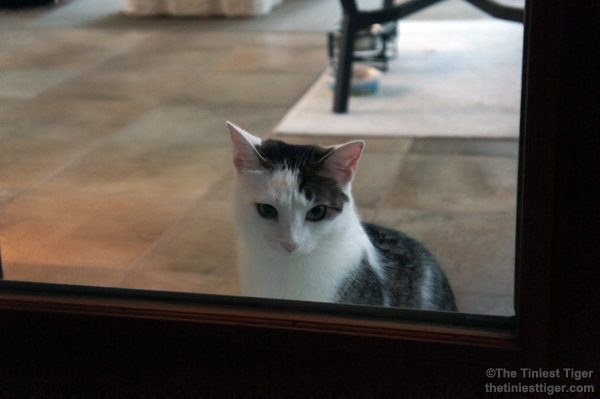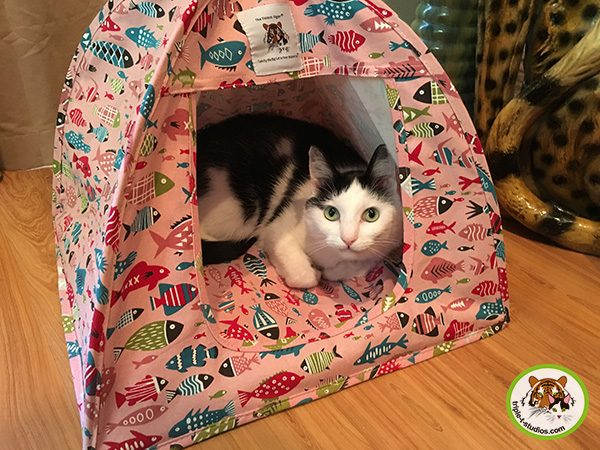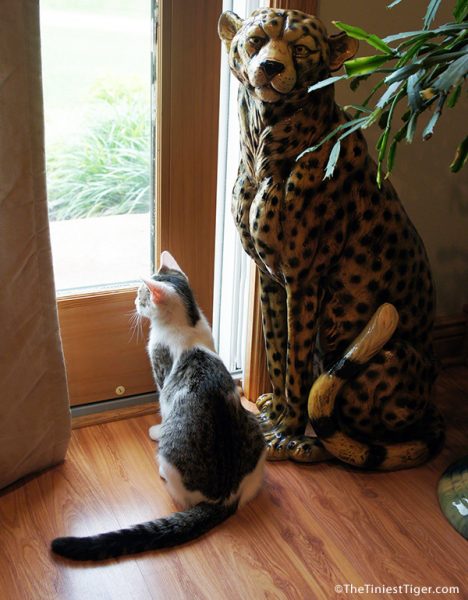
How Long Can You Leave a Cat or Kitten Alone
Can you leave a cat alone? Do cats get lonely? How will they get along spending time by themselves? Cats, often praised for their independence, may still experience unhappiness when left by themselves for extended periods. Given the hectic nature of our daily routines, it is only natural for cat owners to be concerned about the duration their feline friends can be left alone.
In order to ensure the well-being of our cats, we need to have a better understanding of their needs and preferences. It is essential for pet parents to know the different factors that can affect a cat’s ability to cope with solitude, such as age, breed, and individual temperament.
Key Takeaways
- Cats’ independence does not mean they cannot get lonely when left alone for long periods.
- Cat owners should consider the various factors that affect a cat’s ability to handle being alone.
- Proper knowledge and understanding of feline needs may help provide a better environment for them when being left alone.
Do Cats Get Lonely?
Cats, though often perceived as independent creatures, can indeed experience loneliness. Factors such as the length of time they spend alone, their age, and personality traits play a part in how they cope with solitude.
To ensure cats remain content and healthy while alone, consider the following guidelines:
- Typical duration: Most adult cats can handle being alone for 8-12 hours each day, although this may vary depending on the individual cat.
- Essential resources: Access to food, water, and a clean litter box is crucial when leaving a cat alone for any length of time.
- Enrichment activities: Providing toys, scratching posts, and other stimulating activities can help combat boredom and stress during their alone time.
- Social interaction: Some cats may benefit from having another feline companion to engage with when their owner is not present.
Keep in mind that every cat is unique and some cats do get lonely. Paying attention to their specific behavior and needs will help determine how long they can comfortably spend on their own.

How Long Can Cats Be Left Alone?
Cats can generally manage on their own for up to 8 hours, making it feasible to leave them alone during a workday. With access to fresh water, some cats can even be left by themselves for up to 24 hours. However, it’s essential not to leave them alone for extended periods, such as entire days or nights away from home. Consistent human interaction helps prevent anxiety, depression, and destructive behavior in domestic cats. Each cat’s breed and individual personality also affect their tolerance for solitude.
Can You Leave Kittens Alone?
Kittens require more attention than adult cats due to their need for regular care, particularly during their initial adjustment to a new home. It is advised not to leave kittens unattended for more than a few hours. In contrast, adult cats are considerably self-reliant throughout the day.
Leaving Your Cat Alone for One Day
It is important to prepare your home before leaving your cat alone for a day. Ensuring your cat has access to necessary resources and entertainment is key to keeping them content in your absence.
Essential resources:
- Provide a clean litter box for your cat to use
- Offer multiple water bowls with fresh water around the house
- Use an automatic feeder or an automatic food dispenser to supply both dry and wet food
Enrichment and entertainment:
- Supply various cat toys and enrichment activities like a cat tree, cardboard boxes, or food puzzles for mental stimulation
- Maintain a sense of routine with playtime and familiar comforts like a cozy bed and access to multiple rooms
- For additional comfort, consider leaving the TV or radio on for background noise, or use a pheromone plug-in to help alleviate anxiety
By addressing your cat’s basic needs and providing enrichment while you are away, you can help ensure your cat remains calm and mentally stimulated during their time alone.
How Long Can Cats Be Left Alone During Holidays?
Cats require access to essentials like fresh water, food, and companionship. When planning a holiday, it’s vital to arrange for their needs to be met in your absence, ideally with a pet sitter, cat sitter, or veterinarian. This ensures their health, medication, and monitoring in case of emergencies.

Frequently Asked Questions
What is the longest duration a cat should be left by alone?
An adult cat can generally be left alone for 24 to 48 hours, as long as they have access to food, water, and a clean litter box. However, each cat’s personality and needs are different, and some may become stressed, bored, or lonely if left alone for too long.
How much time can a kitten safely spend by themselves?
Kittens have different needs compared to adult cats and should not be left alone for more than a few hours at a time. They require more attention, socialization, and supervision to ensure their safety and well-being.
can you leave a cat alone for an entire week?
Leaving a cat alone for a week is not ideal and can cause stress or separation anxiety. To ensure their well-being, it is recommended to arrange for a pet sitter, a friend, or a family member to visit and care for the cat daily or, alternatively, consider placing your cat in a reputable boarding facility.
Can leaving a cat Alone for multiple days result in negative effects?
Yes, leaving a cat alone for multiple days may lead to boredom, stress, and separation anxiety. It’s essential to monitor your cat for signs of distress, such as destructive behavior or changes in eating habits, and adjust their environment as needed to alleviate any stress.
Are there any special considerations for leaving two cats alone together?
When leaving two cats by themselves, ensure they are well-acquainted and get along with each other. Provide ample food, water, and separate litter boxes for each cat. Providing toys or objects for them to interact with may decrease the likelihood of stress or boredom.
What preparations should be made when leaving a cat Alone for a lengthy period?
Before leaving a cat alone for an extended time, consider the following precautions:
- Ensure their food and water supply is adequate and easily accessible.
- Clean and refresh the litter box.
- Provide familiar toys and scratching posts to keep them entertained.
- Make the environment as comfortable and stress-free as possible, including hiding any potentially dangerous items.
- Have someone check on the cat periodically, providing social interaction and verifying their well-being.